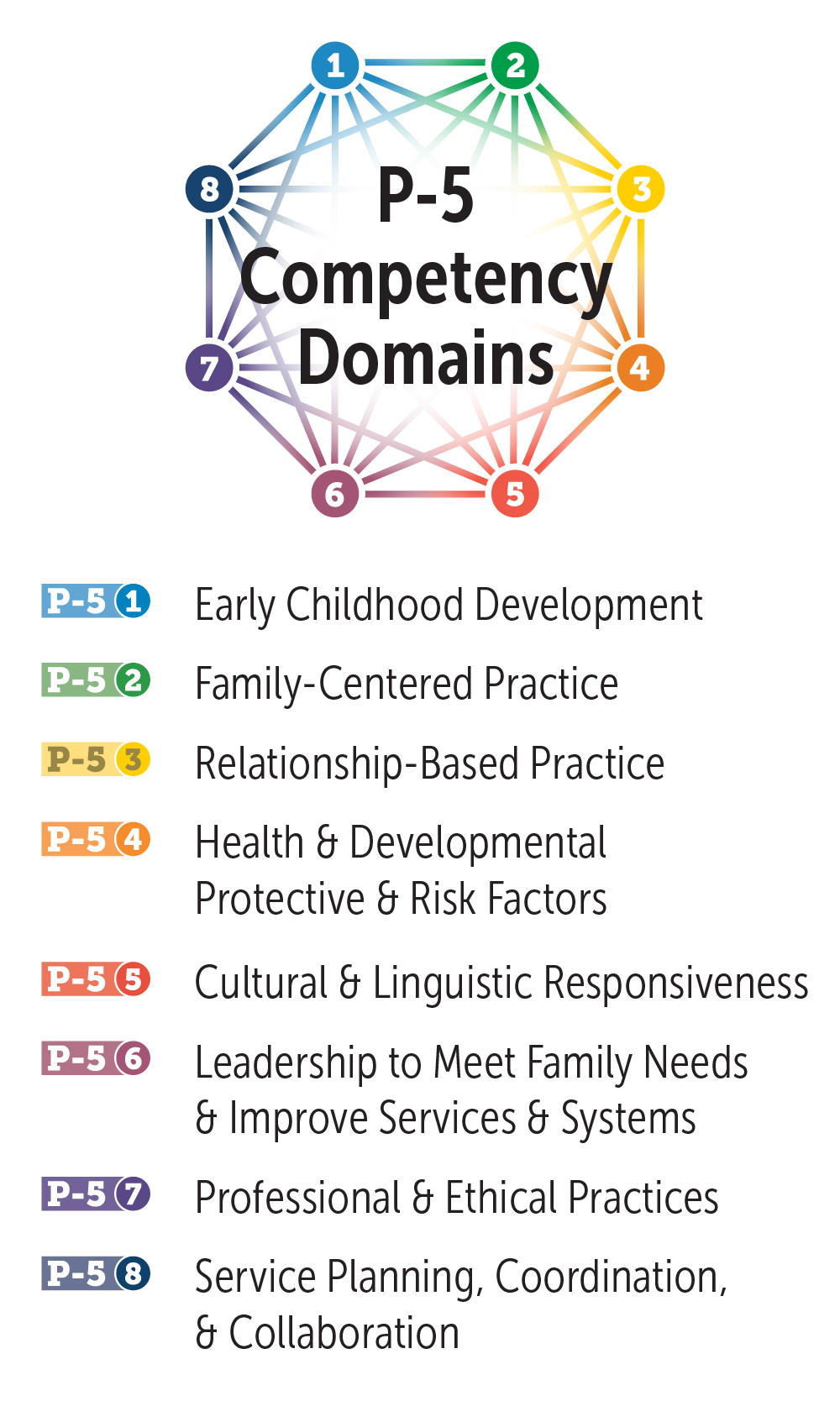
AC21 - H1 - Powering Up for Babies: Assessing Florida’s Capacity to Support Infant and Early Childhood Mental Health
The Florida 2020 Statewide Capacity Assessment of Supports for Infant and Early Childhood Mental Health (IECMH) was designed to promote equity-oriented, community-centered, cross-system capacity building. Participants will reflect on the process and findings to identify the opportunity space for families, communities, and formal systems to collaborate around IECMH.

Allison Pinto
Clinical Infant & Child Psychologist; Adjunct Faculty
University of South Florida
Allison Pinto is a licensed child clinical and consulting psychologist and over the past 20+ years her career has included a variety of roles. As Clinical Training Director in community mental health centers in Santa Monica and Oakland, California, she directed internship and postdoctoral training programs and was active in city-, county-, and statewide efforts to promote infant mental health. Now a resident of St. Petersburg, Florida, she maintains a clinical practice and has provided consultation to communities throughout the state and across the country on infant mental health, systems of care, and place-based initiatives. She has taught courses on infant mental health and systems and community change and has developed resident-led place-based initiatives in Sarasota and St. Petersburg. She has served as a policy consultant with the Florida Early Childhood Comprehensive Systems initiative, a statewide collaborative focused on cross-sector and place-based efforts, facilitating workgroups on Early Childhood Policy and Social-Emotional Development. Through the University of South Florida, she has served on faculty in various departments, and is now affiliated with the College of Public Health, leading statewide assessment and capacity building efforts for equitable Infant and Early Childhood Mental Health as a component of the Preschool Development Grant funded by the Florida Office of Early Learning.
Emily Shaffer-Hudkins
Associate Professor
University of South Florida
Dr. Shaffer-Hudkins is an Assistant professor at USF Health Morsani College of Medicine and the director of the Bay Area Early Steps program, serving children birth to three with special needs in Hillsborough and Polk counties. She specializes in psychosocial assessment and intervention for young children with developmental disabilities, including challenging behavior, autism spectrum disorder, and feeding concerns. Her research also focuses on the incorporation of positive psychology and resiliency in healthcare.Dr. Shaffer-Hudkins earned her doctorate in school psychology from the University of South Florida, with an emphasis in pediatrics. She completed a doctoral internship with the University of South Florida and Pasco County School District.
Jennifer Marshall
Assistant Professor
University of South Florida
Dr. Jennifer Marshall is an Associate Professor in Interdisciplinary Sciences, the Chiles Center, and Maternal & Child Health Concentration at the College of Public Health. She also serves as Director of Planning and Evaluation for the Sunshine Education and Research Center Dr. Marshall holds a BA in psychology and child development from the University of Washington, MPH and PhD in public health from the University of South Florida, and completed post-doctoral research in special education and early intervention at the School of Education and Human Development at the University of Miami. Dr. Marshall's research interests stem from over 25 years of professional experience in programs supporting teachers and parents of young children with developmental and behavioral challenges, special health care needs, and birth defects in settings such as Seattle Children's Hospital, Head Start/Early Head Start programs in Colorado and Florida, and the YMCA. Dr. Marshall conducts mixed-methods, community-based research in three primary areas: early identification of developmental issues; access to services and supports; and quality in health, education, and community services. Past projects include an examination of developmental screening and referral practices among health care, social services and early education agencies; parental recognition and response to developmental delays in young children (in the US and Malaysia); and enrollment and satisfaction with services following developmental screening. Her current research agenda includes multidisciplinary child health and development research (US and international), and also research focused on special populations including children with developmental disabilities, chronic and rare diseases, and birth defects within the social and environmental of family, community, and services systems. Current projects include epidemiological and mixed-methods research with the USF Birth Defects Surveillance Program (BDSP) examining perinatal and childhood supports and services for parents of children with birth defects and developmental disabilities and several studies examining womens access to reproductive health care. Dr. Marshall is also the lead evaluator for the statewide Florida Maternal Infant and Early Childhood Home Visiting (MIECHV) Initiative, Early Childhood Comprehensive Systems (ECCS) Impact Project, Healthy Start Coordinated Intake & Referral, infant mortality and safe infant sleep practices, and Floridas Early Childhood Courts. Dr. Marshall currently serves as Co-Chair of Hillsborough Community Parenting Resources Coalition, APHAs Child Care and Children with Special Health Care Needs committees, and USF's Sustainable Food Research Collaborative. She also serves on the statewide PRAMS Advisory Committee and is a research fellow at the Florida Institute for Child Welfare. Courses taught include Community Partnerships and Advocacy, Evaluation and Research Methods in Community Health, Community Application of Public Health Science, Child Health & Development, and Foundations of Maternal and Child Health.

